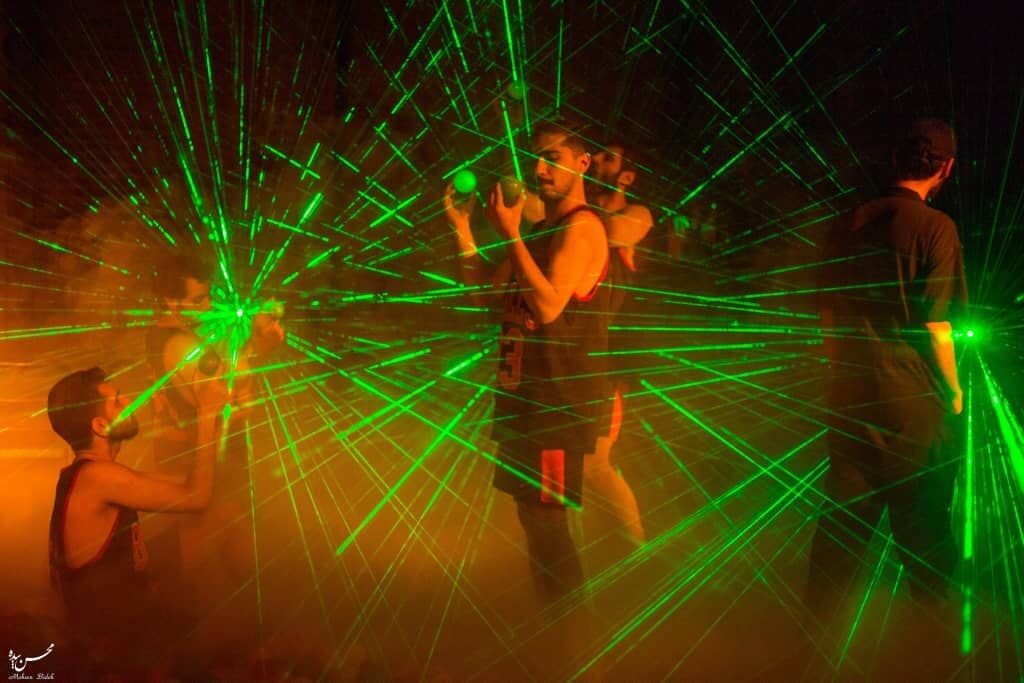Loose adaptation of Dante’s “The Divine Comedy” on stage at Tehran’s Art Palace

TEHRAN-A loose adaptation of “The Divine Comedy” by the famous Italian writer and poet Dante Alighieri is on stage at the Art Palace in Tehran.
Pouria Golestani has directed the play and performs in it along with Yaser Khaseb, Ghazaleh Roghani, Hamid Rashid, Amin Varkesh, and Hamid Shamshiri.
An Italian narrative poem, “The Divine Comedy” is widely considered the pre-eminent work in Italian literature and one of the greatest works of Western literature. The poem's imaginative vision of the afterlife is representative of the medieval worldview as it existed in the Western Church by the 14th century. It is divided into three parts: Inferno, Purgatorio, and Paradiso.
The poem discusses “the state of the soul after death and presents an image of divine justice meted out as due punishment or reward,” and describes Dante's travels through Hell, Purgatory, and Heaven. Allegorically, the poem represents the soul's journey towards God, beginning with the recognition and rejection of sin (Inferno), followed by the penitent Christian life (Purgatorio), which is then followed by the soul's ascent to God (Paradiso).
In the poem, the pilgrim Dante is accompanied by three guides: Virgil, who represents human reason, and who guides him for all of Inferno and most of Purgatorio; Beatrice, who represents divine revelation in addition to theology, grace, and faith, and guides him from the end of Purgatorio onwards; and Saint Bernard of Clairvaux, who represents contemplative mysticism, guiding him in the final cantos of Paradiso.
Dante Alighieri (1265-1321) was an Italian poet, writer, and philosopher. He is known for establishing the use of the vernacular in literature at a time when most poetry was written in Latin, which was accessible only to educated readers. His use of the Florentine dialect for works such as “Divine Comedy” helped establish the modern-day standardized Italian language. By writing his poems in the Italian vernacular rather than in Latin, Dante influenced the course of literary development, making Italian the literary language in Western Europe for several centuries. His work set a precedent that important Italian writers such as Petrarch and Boccaccio would later follow.
The play will remain on stage until June 11 at the Art Palace located at the Art Palace located at No. 50, Zand-e-Vakil Alley, Razi St., Neauphle le chateau St., Hafez Ave.
SS/SAB
Leave a Comment